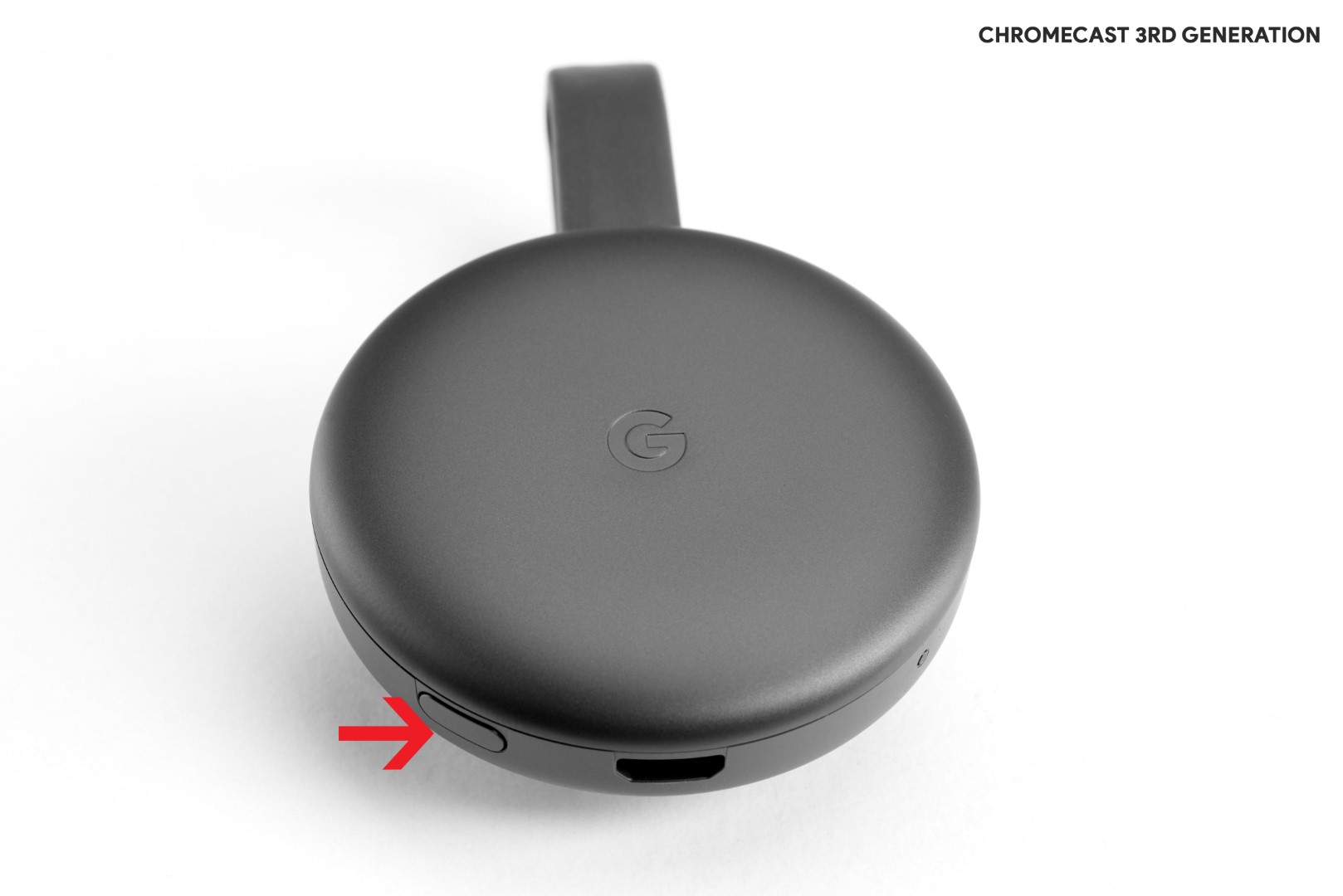
Google Chromecast (3rd Generation): Search

If you just bought a brand-new 4K smart TV, there's no reason to get a third-gen Chromecast for that set - and even if you didn't, it's better to spend the extra $5-$35 on something a little more future-proof.
#Chromecast 3rd gen specs 1080p
While 1080p TVs still make up the majority of sets worldwide, their reign could come to an end as early as next year. In fact, the Chromecast's 1080p output is arguably its biggest weakness. It's also now a bit expensive in comparison to other 4K HDR devices, like the Roku Premiere ($40, or £60 for the closest specced model available in the UK). The Chromecast Ultra ($70/£69) supports 4K HDR content, but that device's power-consumption specs make setup inconvenient. Of course, the color on the Chromecast isn't anywhere close to what you'd get with a 4K HDR device - which is, honestly, the route I was expecting Google would go. If you were to stream one video per day, that'd cost you about 37 minutes over the course of a whole year - almost enough time for an extra prime-time drama but not that much in the grand scheme of thingsĪlthough this is harder to quantify, colors also looked a little richer on the third-gen Chromecast, particularly the deep blacks and otherworldly blues in sci-fi films like Star Trek Beyond. But it's also worth pointing out that the very greatest difference I observed between the two models was 6 seconds. If anything, Google undersold how much faster the new Chromecast is. That's a difference of 25 percent, still in excess of Google's claims.

But videos from this service took 12 seconds to start on a second-gen Chromecast and 9 seconds to start on a third-gen version. It's a little bit harder to pinpoint resolution on YouTube, because a lot of content comes courtesy of phone cameras shooting under less-than-ideal lighting conditions. That's a 40 percent difference in start speed but only a 5 percent difference in optimization. The contrast in Hulu was a little more striking: 15 seconds to start, 20 to optimize on the second-gen machine and 9 seconds to start, 19 seconds to optimize on the third-gen machine. That's a 20 percent difference in start time but only a 3 percent difference in optimization time.
#Chromecast 3rd gen specs movie
When I watched Thor: Ragnarok on Netflix, the movie took 11 seconds to start and 41 seconds to reach 1080p on the second-gen Chromecast, while the same film took 9 seconds to start and 41 seconds to reach 1080p on the third-gen device. SD resolutions look like, and a collection of videos on Netflix, Hulu and YouTube. So, I tried to evaluate the difference using a stopwatch, a general sense of of what HD vs. This is supposed to make the new gadget up to 15 percent faster than the old one.īecause 15 percent is not a night-and-day increase, and because the old device wasn't slow to begin with, this is not easy to test. The only significant difference that Google advertises between the third-gen Chromecast and its second-gen predecessor is better hardware. Google Chromecast (3rd Generation): Performance The process is just as straightforward now as it was when the Chromecast debuted, but it's also quite a bit faster now. From there, you can pause, play, fast-forward, rewind and adjust volume via your phone. For example, in Netflix, all you have to do is open the content you want to watch, press the Cast button and wait for your media to appear on your TV. The best reason to buy the Chromecast, as always, is that it has the simplest, easiest-to-understand interface of any streaming device on the market.Ĭontrolling the Chromecast is as easy as any given app makes it. This may seem like a subtle point, but true screen-mirroring requires daisy-chaining devices together and often results in a subpar experience.

Instead, your phone is simply instructing the Chromecast to go pick up a signal directly from the content provider (Netflix, for example). By installing the Google Home app on your mobile device or by clicking the Cast option in a computer-based Chrome browser, you can simply "cast" whatever content you're watching onto your TV.


 0 kommentar(er)
0 kommentar(er)
